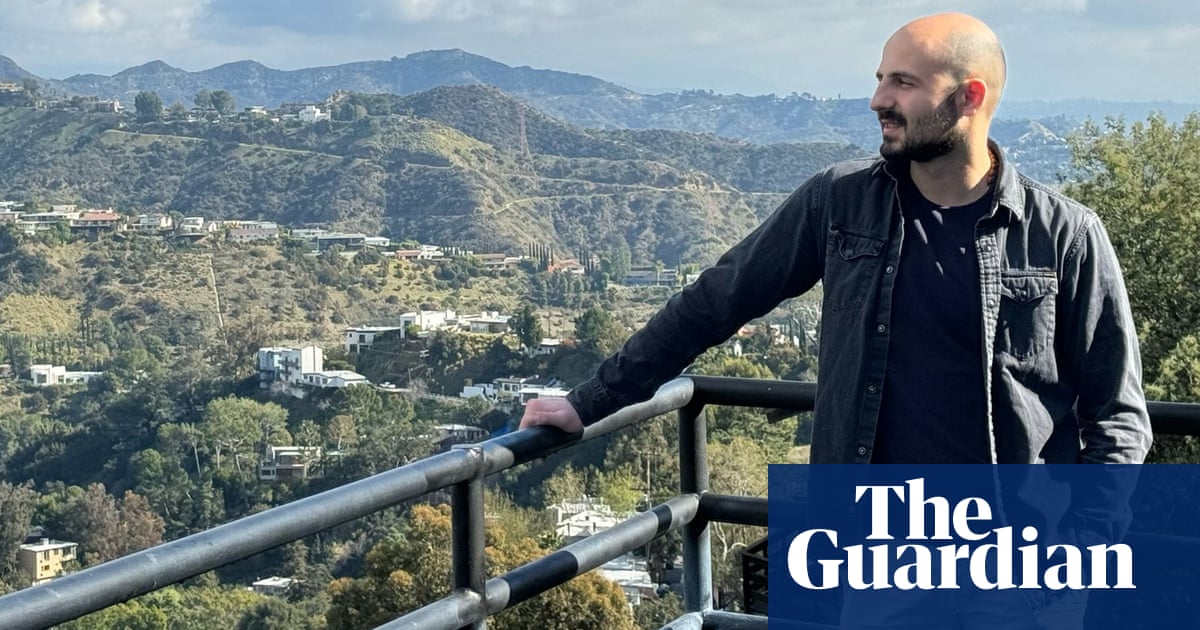A police officer working in Manchester says he has been forced to quit his job after Rishi Sunak raised the salary threshold to sponsor his Italian wife to live in the UK in the post-Brexit immigration scheme.
Campaigners have warned that his tale of Brexit anguish is being repeated up and down the country in low-paid public sectors where many EU citizens work.
Italian Dani, who has asked for his full name not to be used, has been in the country since 2017 and has full settled status under the post-Brexit residency scheme for EU citizens.
He was one year into a two-year probation period training to be a detective, but earns only £26,000, £4,000 short of the £29,000 needed to act as sponsor to bring a foreign family member into the country.
“It is very stressful because it took me ages to get into this job. I was doing very well with an area, enjoyed it, and I didn’t want to leave this job. So now I have to start again. And I don’t know what I will do when I go back with my wife to Italy, or do we have to go somewhere else?”
He completed a PhD in clinical sports in Glasgow and entered the force on a two-year graduate programme, which according to Met police figures can cost more than £100,000 in total including the salary of trainers and trainees.
Dani met his wife in 2022 but like many EU citizens in the country just got on with his life in Britain, concentrating on the year-long process of vetting and exams to gain entry to the Greater Manchester police detective programme which he did in May 2023.
When he joined the police force the salary threshold to bring in a family member was £18,600 but the family sponsorship threshold was raised to £29,000 in the spring as part of Rishi Sunak’s phased-in doubling of the sponsorship salary threshold to £38,700.
Those that do reach the £29,000 fee must also pay an application fee of £1,846 and pay the healthcare surcharge of £3,105 for a visa of two years and nine months and then re-apply again before that visa expires.
He says his wife, who also has a seven-year-old through a previous relationship, “could easily find a job” in the UK as she is a hospitality manager, but he has been told by lawyers he has little chance of success and the £10,000 to £12,000 it would cost to apply could be wasted.
“My wife could have stayed for a while, but she couldn’t work, and it would have been hard for me to support the family of three if I left the UK. That means that I had to leave my job, and I didn’t want to do that, but at the end, it was the only option was left for us. You know we want to create a stable family unit and we can’t do that in a long-distance relationship,” he said.
Desperate for an intervention by someone who can help, or political change, he added: “My only hope I think is the immigration laws will change.”
Andreea Dumitrache, the communications manager for the3million campaign group said: “We all want to be able to care for our families, but many are denied the right to family life just because we dare to fall in love with someone born abroad.
“EU citizens were promised our rights won’t change after Brexit. That promise has been broken. The minimum income requirement is separating our families. The reality is most people don’t earn £38,700, so love is now a privilege for the few”.
Greater Manchester police said it was for the Home Office to comment.
The Home Office, which usually declines to comment on individual cases in response to queries on Brexit-related residency matters, opting instead to reiterate the UK’s support for EU citizens, said the future of the sponsorship thresholds was up to the new government.
“The new Home Secretary will decide on the future of current Home Office policies in due course,” it said.
It added that each application for family reunion was considered on its merits.

